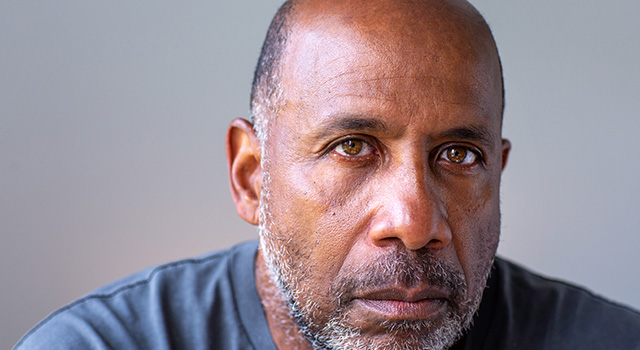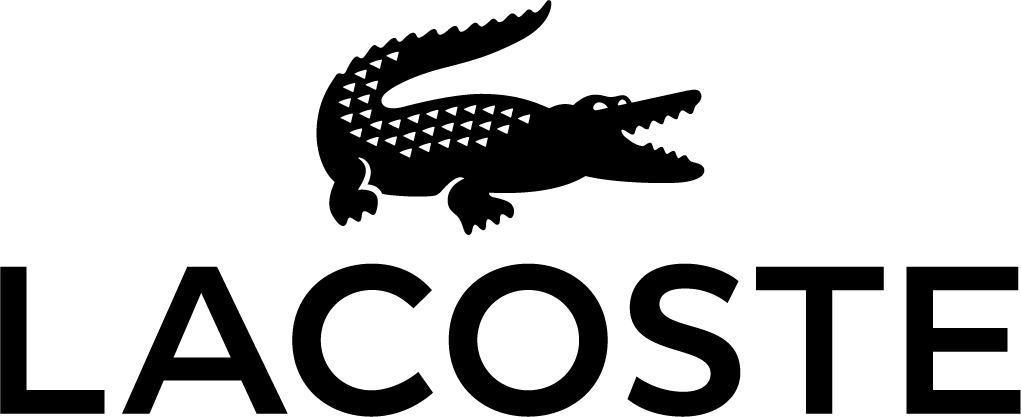
Glaucoma can do a lot of damage to your vision, so being diagnosed with it can be scary. But it doesn’t have to be the end of the world, and certainly doesn’t mean the end of your eyesight.
Treatment for glaucoma has become quite advanced over the years. According to the Glaucoma Research Foundation, timely detection and treatment can significantly reduce the chances of vision loss or blindness. Responsible lifestyle choices are also key to managing your glaucoma and reducing your risk of vision loss. Our Lewis Center eye care team has outlined some of the most important of these below.
Stick To Your Glaucoma Medication Schedule
Any medications your eye doctor prescribes for managing your glaucoma should be taken on time, at the same time every day. Set alarms or reminders for yourself if you feel you might forget. These medications are a key part of maintaining your eye health and vision, so ensuring that you don’t forget to take them is absolutely essential.
Eat Right To Keep Your Eyes Healthy
Eating a healthy diet that includes a wide variety of fruits and vegetables will help ensure that your body gets plenty of vitamins A and C, which are essential nutrients that promote eye health. Lutein and zeaxanthin are also important for keeping your eyes healthy. You can get these mainly from red and orange fruits like raspberries and mangoes. Also ask your eye doctor about nutritional supplements.
Be Kind To Your Body
If you smoke, stop as soon as you can. Smoking can damage and restrict the small blood vessels inside your eyes, causing a rise in pressure inside the eyes and worsening glaucoma.
Adding regular exercise to your routine can also be a helpful way to protect your eyes. Speak to your doctor before starting a specific exercise regimen, however, as some exercises can actually increase the amount of pressure in your eyes.
Want to learn more about how you safeguard your vision despite having glaucoma? Contact our Lewis Center eye doctors at Professional VisionCare today!
Q&A
What if glaucoma eye drops don’t help?
Eye drops are the most common treatment for glaucoma. If these drops don’t work, your eye doctor may prescribe certain pills or recommend a special in-office laser treatment that will increase outflow of fluid from the eye in order to lower the pressure inside the eye.
How is glaucoma diagnosed?
Glaucoma is usually diagnosed as part of standard testing during the course of a comprehensive eye exam. Tell-tale signs your eye doctor will be looking for to confirm a diagnosis of glaucoma include elevated inner eye pressure, and damage to the nerve tissue, accompanied by loss of vision.































